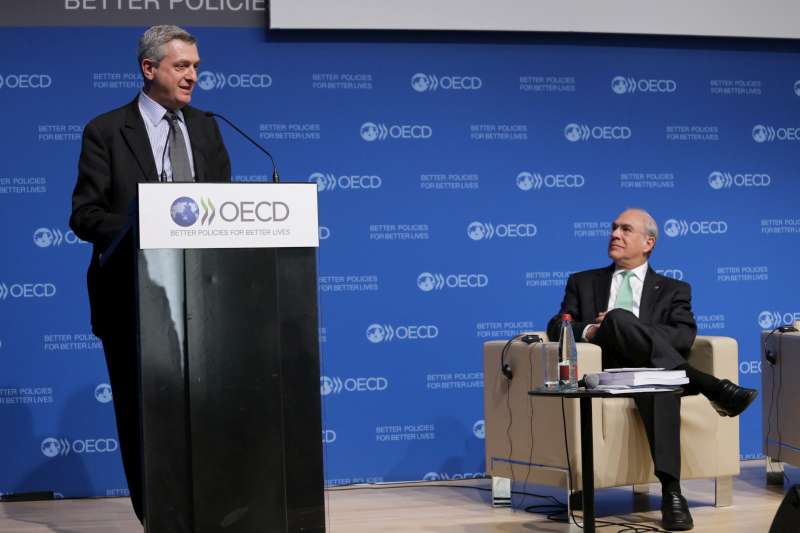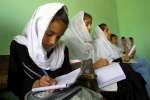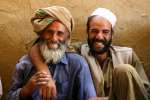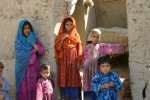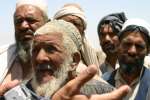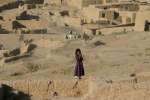OECD and UNHCR back increased refugee integration
News Stories, 28 January 2016
PARIS, France, Jan 28 (UNHCR) – Two leading international organizations, the Organization for Economic Co-operation and Development (OECD) and UNHCR, the UN Refugee Agency, today called on governments to step up efforts to help refugees integrate and contribute to the societies and economies of Europe.
Both organizations stressed it made economic sense to help the millions of refugees living in OECD countries to develop the skills they need to work productively and safely in the jobs of tomorrow.
"Refugees have skills. They deserve our efforts. Einstein was a refugee. We should not forget that," UNHCR head Filippo Grandi told a press conference during a joint high-level Conference on the integration of beneficiaries of international protection in Paris. "
Grandi, who took office on January 1, added: "Integration is a dynamic two-way process which requires both the individual and society to make considerable efforts. In order to play a full role in the social, economic, and cultural life of their host country, refugees need to achieve equality of rights and opportunities."
He stressed that states have an "important role in this process, ensuring that refugees play a positive and active part in the integration process, particularly in terms of the services provided to them and in ensuring that they are received by welcoming communities."
OECD Secretary-General Angel Gurría concurred saying it was a difficult and costly task in the short term, but had a high pay-off for all in the medium to longer term. "Migrants and refugees are not a burden.They contribute to growth and are a hope for the future," he declared.
The Paris-based OECD is a global forum where the governments of 34 democracies with market economies work with each other, as well as with more than 70 non-member economies to promote economic growth, prosperity, and sustainable development.
In 2015, more than one million people crossed the Mediterranean Sea to look for international protection in Europe. In total, about 1.5 million claimed asylum in OECD countries in 2015. This is almost twice the number recorded in 2014 and the highest number ever. At the same time, asylum seekers represent only about 0.1 per cent of the total OECD population, and, even in Europe, they represent less than 0.3 per cent of the total EU population.
"Far from a problem, refugees can and should be part of the solution to many of the challenges our societies confront. They bring hope: the hope of a better life and a better future for their children and ours. But to realise this potential, a substantial investment is needed to provide immediate support and help the refugees settle and adapt and develop their skills," Gurría added.
"Our analysis demonstrates the benefits that well-managed migration can bring to the economies and societies of OECD countries. But this will largely depend on how well integration measures are designed and implemented. The earlier refugees get the required support, the better their integration prospects," he said.
The OECD also released today a report Making Integration Work: Refugees and others in need of protection, which provides the main lessons from the experience of OECD countries in fostering the integration of refugees.
The report highlights many good practices to tackle key barriers and support lasting integration of refugees and their children. It stresses the importance of early intervention, including providing access to language courses, employment programmes and integration services as soon as possible, including for asylum seekers with high prospects to remain.
It also stresses the need to help migrants settle where jobs are and not necessarily where housing is cheaper. The report also underlines the need to adapt integration programmes to reflect migrants' diversity in terms of skills and the specific needs of refugees.





